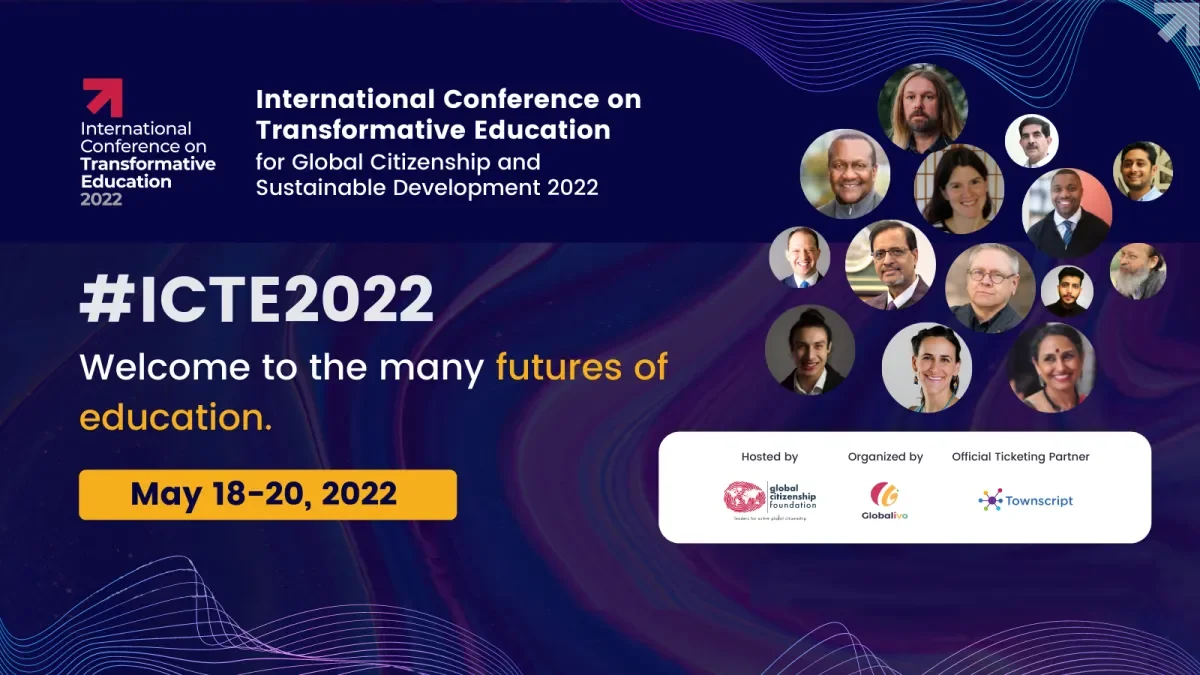

Global conference on transformative education offers debate on universal social and emotional education
Professor Paul Downes, Director of the Educational Disadvantage Centre and Professor of Psychology of Education in DCU’s Institute of Education has been the Chair of the Scientific Committee and Member of the Coordinating Committee for the Global Citizenship Foundation’s International Online Conference on Transformative Education, May 18-20, 2022 https://www.globalcitizenshipfoundation.org/event/icte-2022
The Conference was opened by Aaliyah A. Samuel, President and CEO of CASEL (Collaborative for Academic, Social, and Emotional Learning), a Senior Fellow at the Center on the Developing Child at Harvard University. Leading thinkers from countries including India, US, Mexico, Singapore, Finland, Japan, UK, Ghana, Indonesia, Jordan, China, Australia, New Zealand, Canada, Switzerland and Austria gave presentations at the Conference, including from organisations such as the Asia Society, United States, The Teacher Foundation, India, Ahlcon Group of Schools, India, Africa Education Watch, Ghana, UN Sustainable Development Solutions Network (SDSN), United States and GEMS Education, India.
Professor Downes’ keynote presentation at the conference, Reshaping Relational Space: Key Issues for Developing Social and Emotional Education at a Global Level built on the monographs he led and co-authored published by the European Commission in the areas of social and emotional education, inclusive systems and school violence, as well as his recent book on the fundamental importance of relational space, Reconstructing agency in developmental and educational psychology: Inclusive Systems as Concentric Space. New York/London/New Delhi: Routledge https://www.routledge.com/Reconstructing-Agency-in-Developmental-and-Educational-Psychology-Inclusive/Downes/p/book/9781032089751. His presentation raised concerns regarding the need for a social and emotional education that avoids both the social conformity of prescriptive personality packages and a skills agenda programming children and young people rather than being co-constructed with them. Offering a critique of the OECD’s 2015 document on social and emotional skills, including its neglect of the need for education to promote dimensions of introversion, Professor Downes set out candidate features of a potentially universal social and emotional education that seeks to resist Western ethnocentrism. In doing so, he argued for the fundamental role of relational space in a crosscultural social and emotional education to promote systems of inclusion, as well as for the reconstruction of spaces in schools to develop children’s and young people’s assumed connection to nature, to silence and to a whole school climate of belonging.
